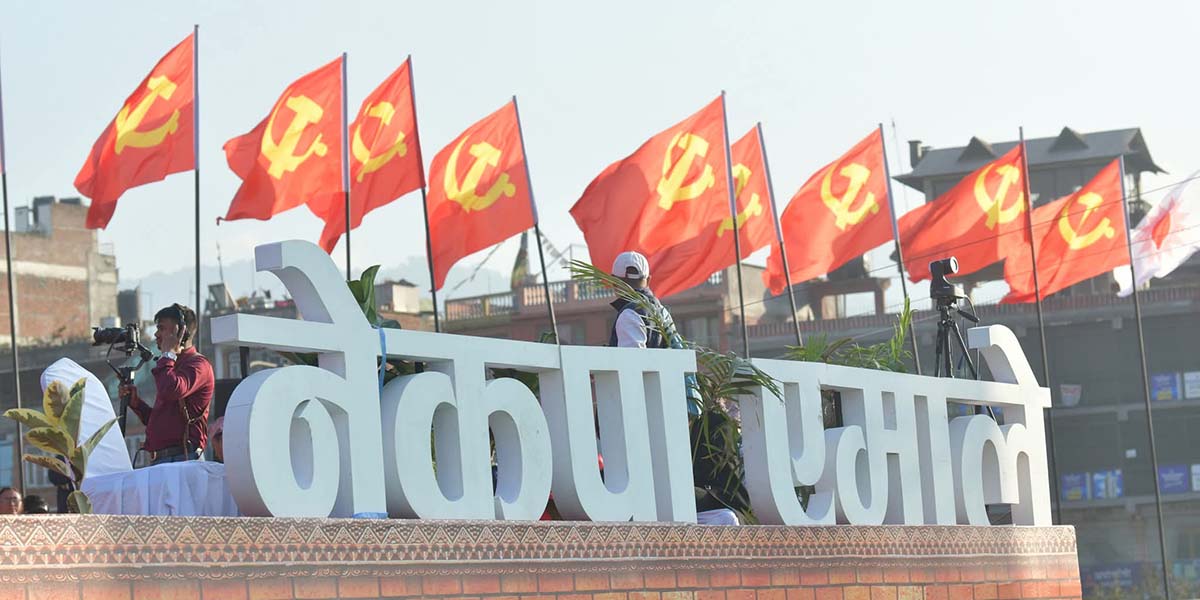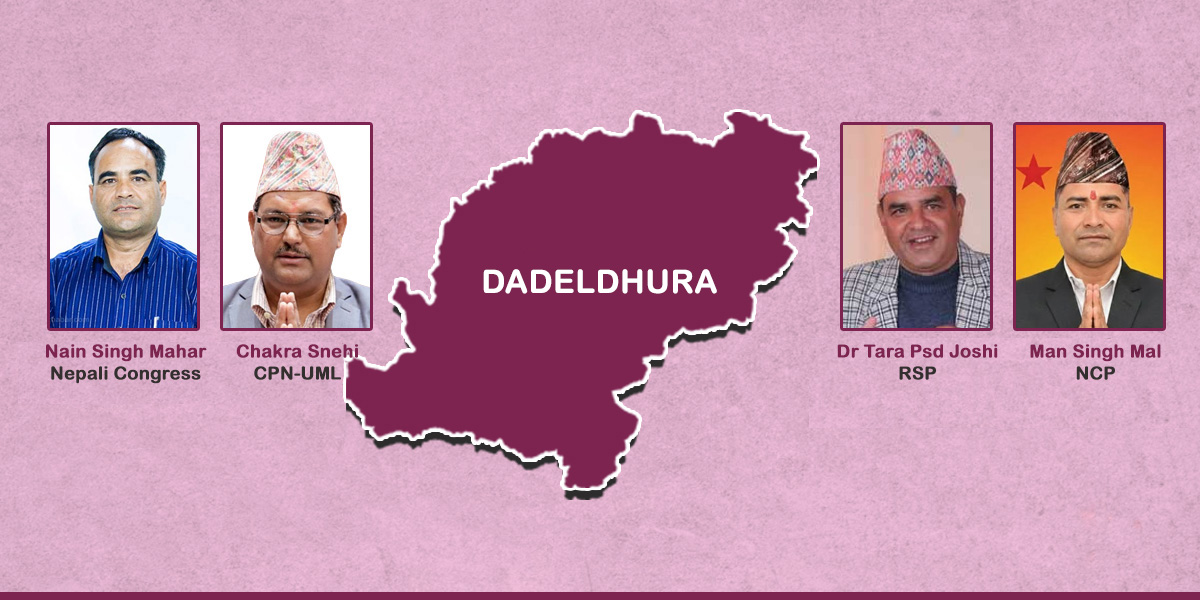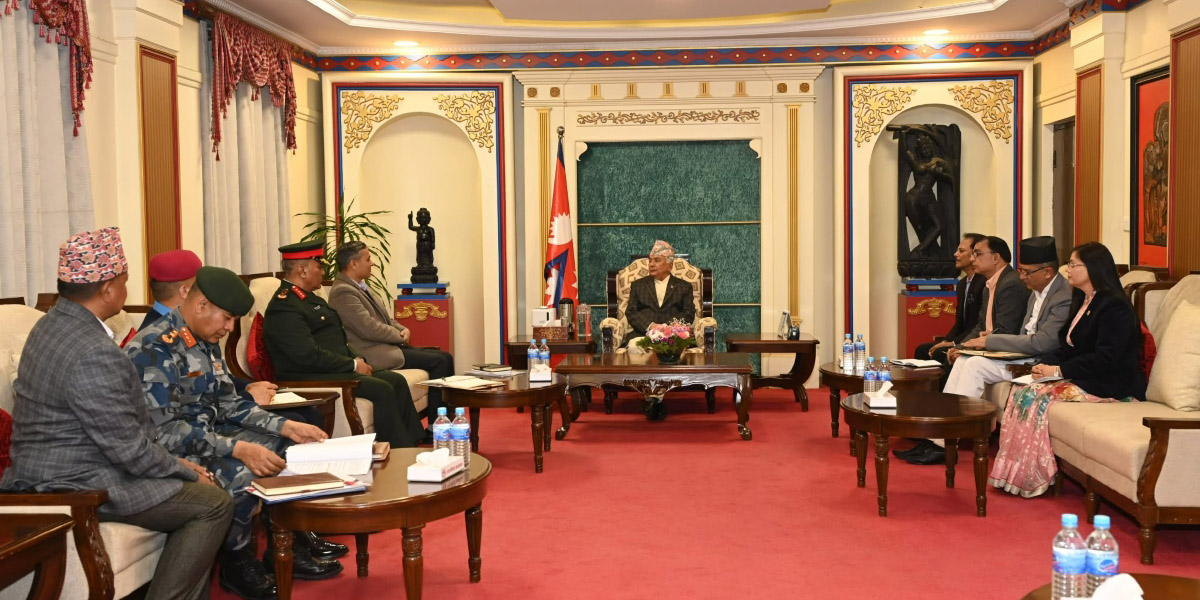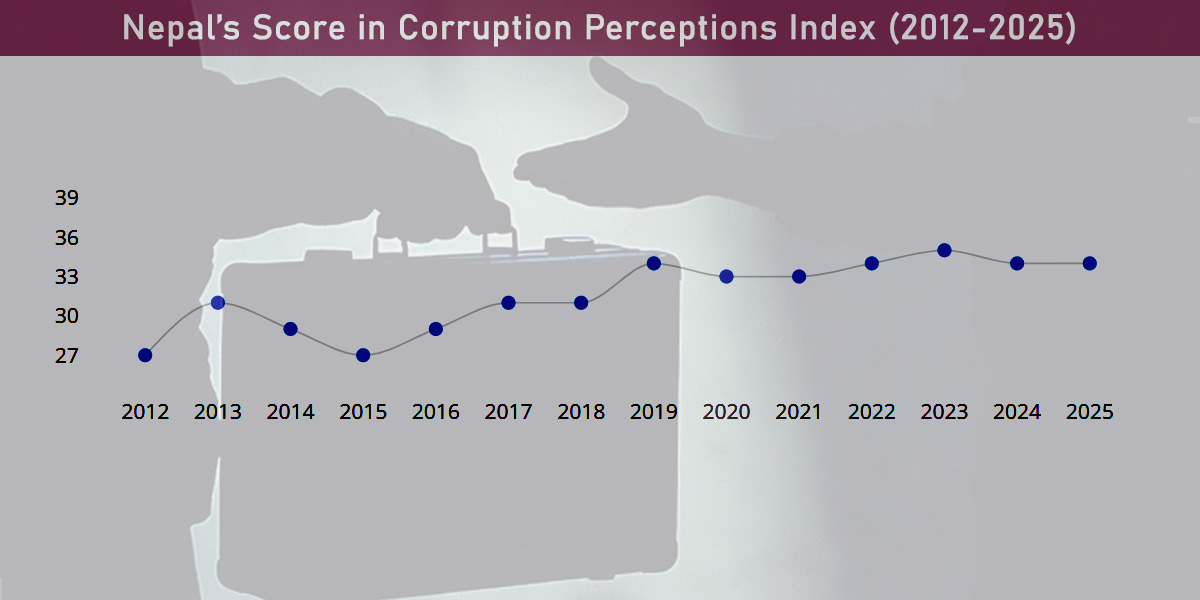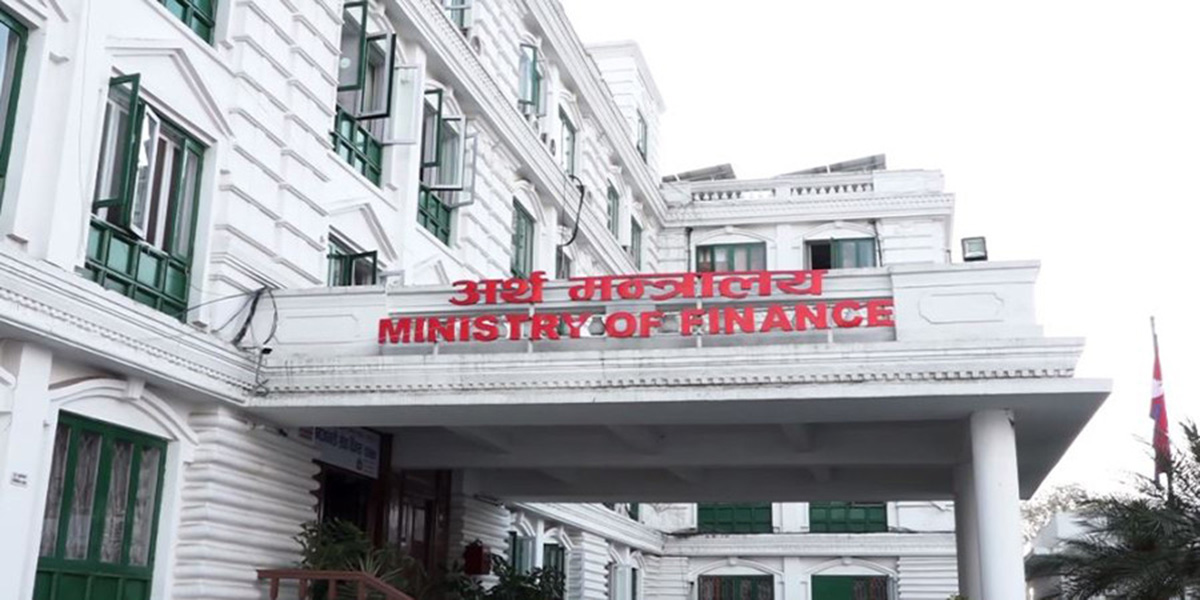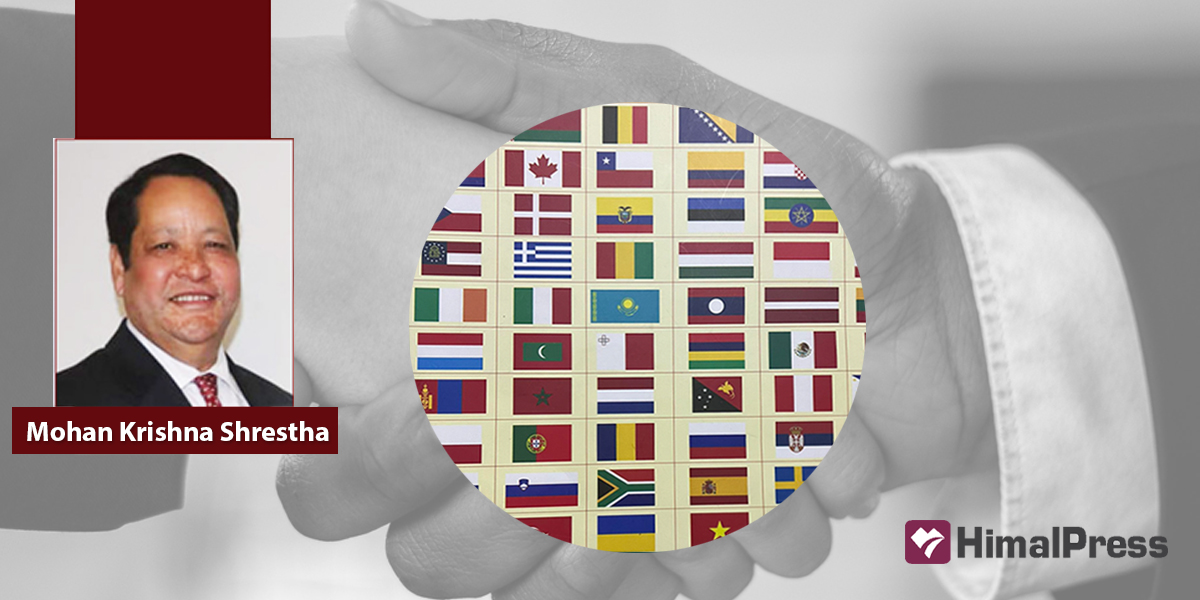
Until four or five hundred years ago, distinct borders between states did not exist. They used to engage in territorial expansion by attacking neighboring nations. This trend was not confined to foreign lands. Even within Nepal, the 22 and 24 principalities didn’t enjoy cordial relations. Their relations would deteriorate at times and stronger principalities would launch attacks on weaker ones.
In 1648, an important pivotal international treaty was signed in Westphalia, marking the establishment of sovereign states with recognized borders. Subsequently, countries started exchanging ambassadors as plenipotentiaries. Ambassadors held significant authority during those days, even possessing the right to declare war or peace. However, the current global landscape does not permit countries to resort to territorial expansion through military means. However, an exception to this norm is the ongoing war that commenced on 24 February 2022, which has yet to end.
The role of an ambassador, representing a sovereign state, is considered extraordinary. Ambassadors are appointed by the head of state by addressing the head of the state of the receiving country. Ambassadors can commence their diplomatic duties after submitting their letters of credence to the head of state of the receiving country. There are numerous instances of competent, morally upright, and dynamic ambassadors effectively promoting their country’s interests and fortifying bilateral relationships. However, there have also been instances where the activities of ambassadors have embarrassed the nation.
The expansion of the international diplomatic landscape, following the establishment of the United Nations on October 24, 1945, has contributed to the establishment of peace and stability worldwide. Even though the UN lacks sovereign authority, it is dedicated to safeguarding future generations from the perils of war.
The consul is another important position in diplomacy after the ambassador. Consuls have the responsibility of assisting their fellow citizens abroad. Any country can appoint consuls in major cities of other nations, in addition to embassies in the capital city, by obtaining approval from the host government. Nepal, for example, has opened consulates in cities such as Lhasa, Hong Kong, and Guangzhou in China, Kolkata in India, Jeddah in Saudi Arabia, and New York in the US. These consulates are staffed with Consul Generals, Consuls, and other employees, with all salaries and benefits covered by the government budget.
Due to the high cost associated with establishing embassies, some countries opt to appoint honorary consuls. The effectiveness of individuals in this role in enhancing bilateral relationships largely depends on their capabilities.
Another position in diplomacy is that of an Honorary Consul. This position is acknowledged in the Vienna Convention on Diplomatic Relations of 1961. If a country wishes to appoint an Honorary Consul or Honorary Consul General, it selects a suitable individual from the host country and obtains approval from the host government. Facilities for individuals in these roles are discretionary and dependent on the host government. Although Honorary Consuls are considered a part of diplomacy in many countries, there is no uniformity in the provision of benefits for them. There is also a practice of forming clubs of consuls and choosing a dean to lead the club. International Federation of Consuls, headquartered in Brussels, serves as the umbrella organization of honorary consuls.
Honorary consuls are representatives of sovereign states. They enjoy the right to hoist the flag of the country that they represent in their office. Since honorary consuls are appointed in cities without any embassy, they play a crucial role in facilitating diplomatic relations between the two countries. Due to the high cost associated with establishing embassies, some countries opt to appoint honorary consuls. The effectiveness of individuals in this role in enhancing bilateral relationships largely depends on their capabilities. However, if those appointed have vested interests, it can be detrimental to both the appointing country and the host government. Honorary consuls, therefore, must understand their responsibilities before assuming the position.
My Tenure in Paris
I served as Nepal’s ambassador to France from June 2010 to August 2014. I was concurrently accredited to Greece, Monaco, Portugal and Spain. Spain and Portugal did not have Nepali missions at that time. Various individuals have been serving as Nepal’s honorary consuls in various European cities for a long time. Dr. Didier Bernard for Rouen (France), Mr. Gerard Baumont for Toulouse (France), Mr. Emmanouil Karavelakis for Athens (Greece), Mr. Alexander Mogadham for Monte Carlo (Monaco), Mr. Makar Bahadur Hamal in Lisbon (Portugal), Ms. Maria Theresa Da Cruz in Porto (Portugal), and Mr. Lluis Belvis in Barcelona (Spain) are some of them. Notably, Belvis, a thorough gentleman and a cooperative individual, has visited Nepal 118 times. He probably holds the record for the most Nepal visits by a foreigner. Mr. Baumont, Nepal’s honorary consul in Toulouse, had even not been able to set up his office. He told me he was not willing to stand down from this position despite his old age and requested that I honor his long-term cooperation with the Nepali Embassy in Paris.
Nepali honorary consuls in France and the other four countries have been instrumental in supporting Nepal in various ways. They have understood that their responsibility was to uphold Nepal’s interests. I invited all these honorary consuls to a meeting in Paris on May 27, 2014. It was probably the first time that these honorary consuls were invited for a meeting. I briefed them about the latest situation in Nepal and provided a platform for them to share their experiences. They praised Nepal as a beautiful country with helpful people and highlighted the tremendous prospects that Nepal holds for tourism development. Additionally, they suggested that Nepal focus on investing in infrastructure development. We also invited them to join the Republic Day program on May 28.
Different Experiences
During a family visit to Italy in January 2014, I had the pleasure of meeting Paulo Nugari, Nepal’s honorary consul in Rome. He helped us a lot during the visit. I later discovered that both our embassy officials and Nepalis in Italy held him in high regard. Paulo consistently demonstrated an eagerness to support the Nepali embassy and assist Nepalis living in Italy.
On a trip to Nairobi, Kenya, as a foreign ministry staffer in 2005, I faced a challenge locating Nepal’s honorary consul, Joseph Karuri. After an extended search, he eventually came to meet me at my hotel. When I asked him where his office was and what activities he was undertaking, he told me he was doing nothing as he was not getting any support from Nepal. Unfortunately, some consul generals are not actively engaged in their roles.
Nepal has appointed 52 honorary consuls in capitals and other cities worldwide. Honorary consuls have also been appointed in different cities of the same country. This practice is not uncommon though. Honorary consuls can be of great help in countries where Nepal does not have its missions yet. However, individuals appointed to these positions must be financially capable and have connections with the host government as this role does not come with a salary or other benefits.
Honorary Consuls in Nepal
Nepal currently hosts honorary consuls from over 60 countries. These honorary consuls often belong to a specific class and sometimes function as family heirlooms. This is not a position that can be distributed randomly. There are also reports suggesting that some individuals are exploiting this position for personal business gains. The government needs to exercise caution because diplomacy is a serious matter.
Many honorary consuls from various countries have been appointed in Kathmandu. However, many of them appear to be inactive. The Nepali government has provided them with attractive facilities compared to other countries. In Nepal, it is customary for honorary consuls to accompany their ambassadors during the presentation of letters of credence to the President. They are permitted to use the flag of the countries they represent and use diplomatic number plates on their vehicles. In Paris, ambassadors can only display their national flag on cars on specific occasions. Most of the time, the flag must be covered.
Those serving in honorary consul positions must uphold their responsibilities and obligations. Attempting to represent any nation while failing to uphold the dignity of the position can be counterproductive.
Individuals appointed as honorary consuls are considered those who have earned the confidence of two governments. Their primary duty is to advance the interests of the appointing government. They have a crucial responsibility of serving as a bridge between the two nations. They are expected to identify and promote potential areas such as tourism, trade, and investment between the two countries. The honorary consuls in Kathmandu should reflect on how successful they have been in fulfilling these responsibilities.
The government also must pay attention to this. This is because approving the appointment of an honorary consul, who cannot contribute, is just a waste of time. It also undermines the essence of diplomacy. On the contrary, an active and engaged individual in this role can significantly contribute to strengthening mutual relations between the two countries. Regular evaluations should be conducted to ensure the effectiveness of the individuals appointed in this position. It seems necessary to provide honorary consuls with some terms of reference.
A few years ago, the honorary consul of Kyrgyzstan in Nepal was caught black-marketeering essential health equipment in Kathmandu using a vehicle with a diplomatic number plate. Such a reprehensible act by a renowned industrialist, during a time of global crisis such as the COVID-19 pandemic and lockdowns, raised questions about the ethical standards associated with the position. The government took prompt action against the honorary consul which is commendable. Such activities not only embarrassed the country that appointed him but also reflected poorly on our government’s approval. Those serving in honorary consul positions must uphold their responsibilities and obligations. Attempting to represent any nation while failing to uphold the dignity of the position can be counterproductive.


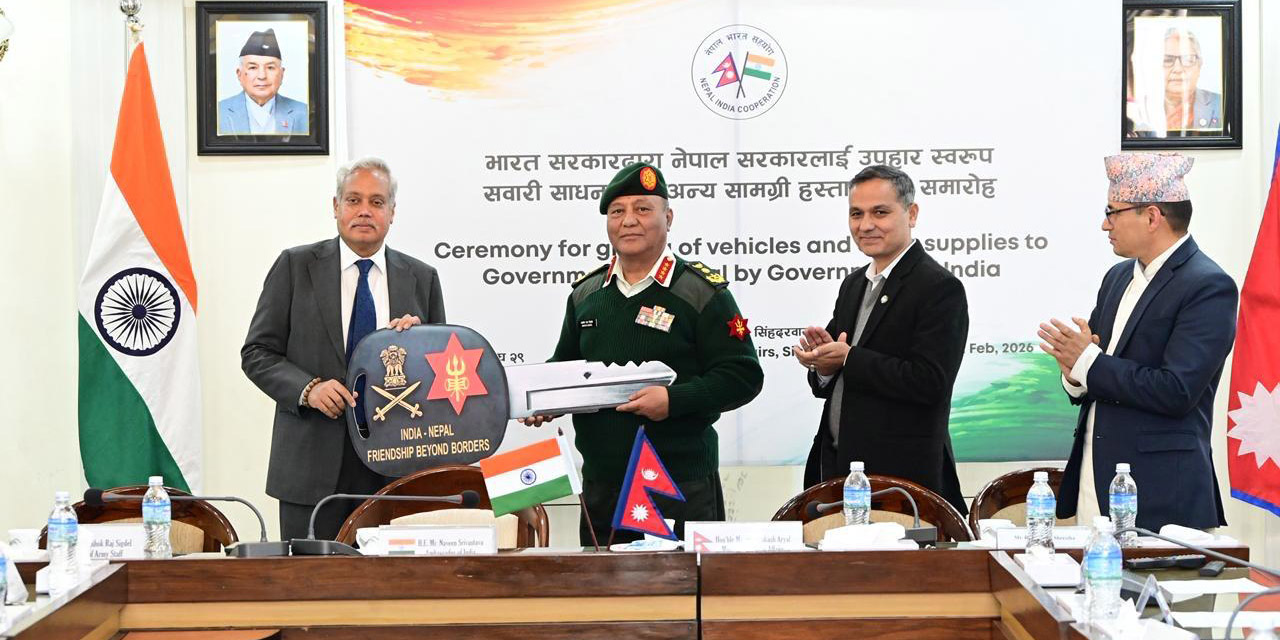
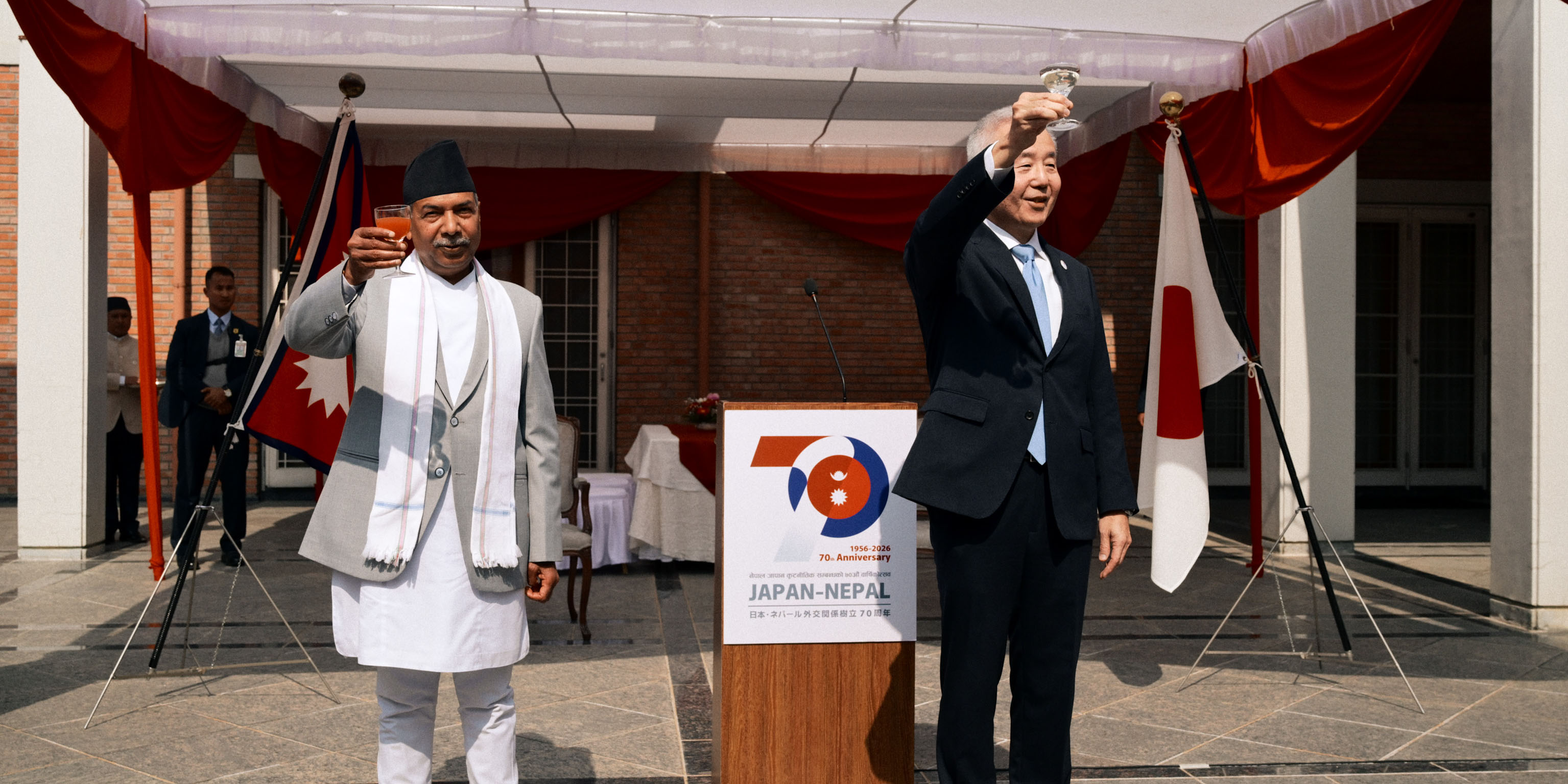
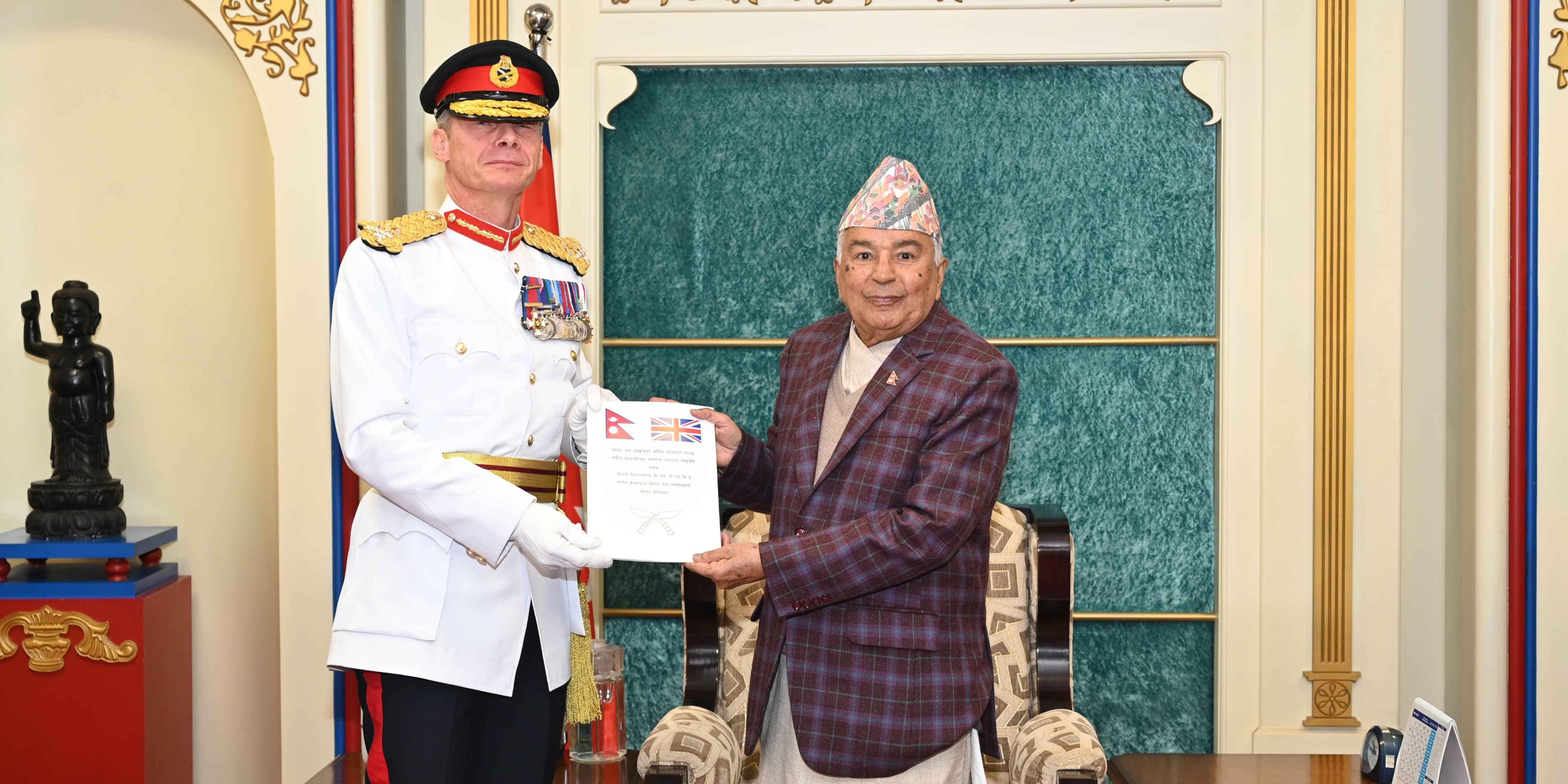
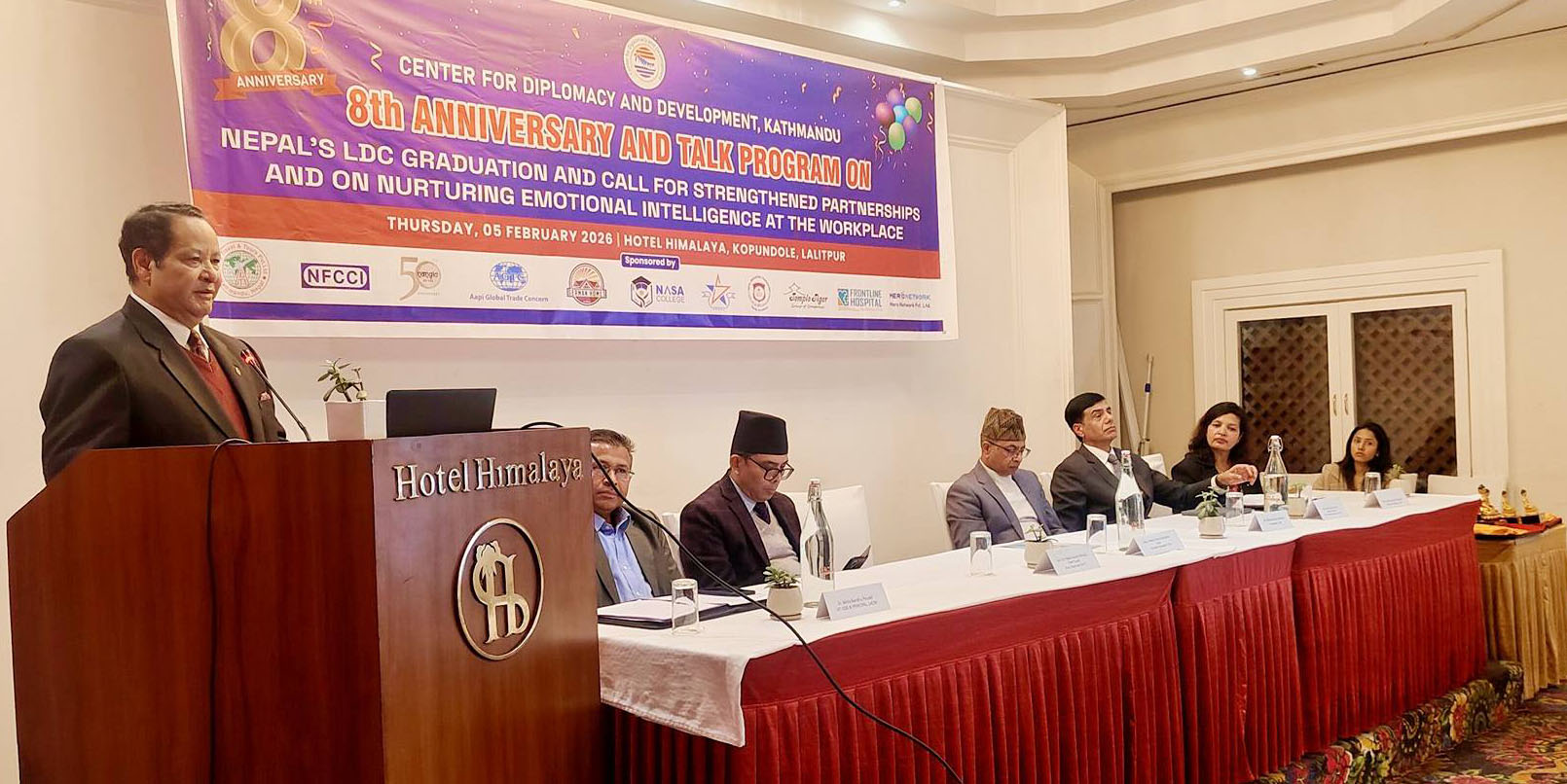
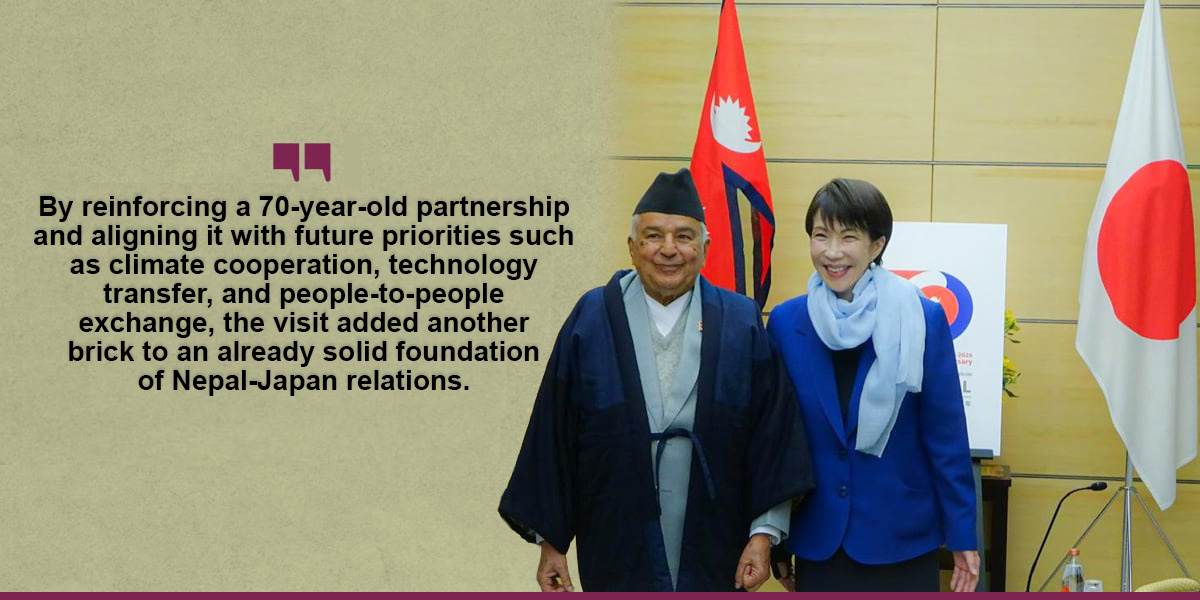
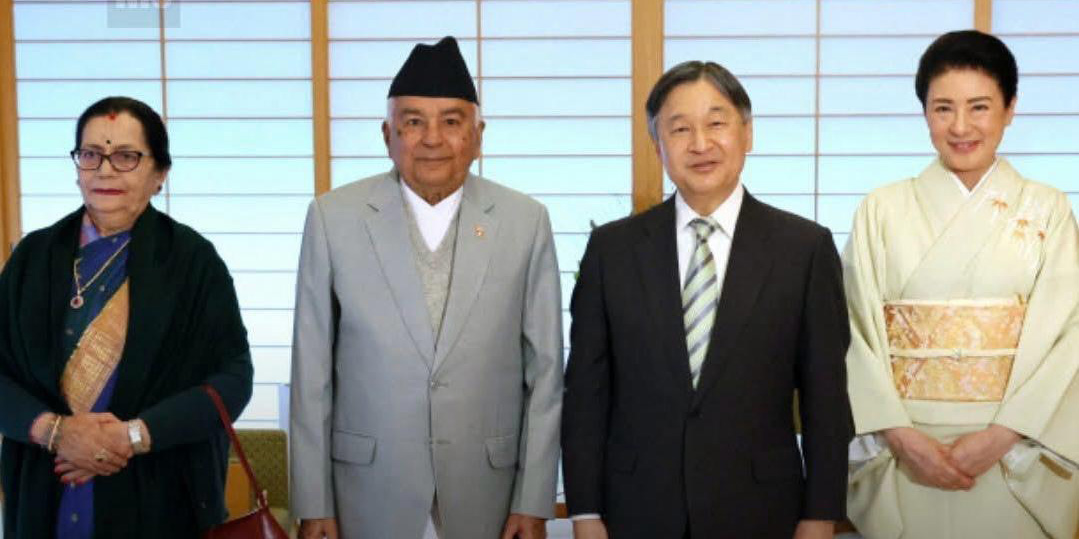
![Maha Shivaratri being celebrated across the country [With Pictures]](https://en.himalpress.com/wp-content/uploads/2026/02/HRB_KTMImage2026-02-15at7.37.40AM1.jpg)
